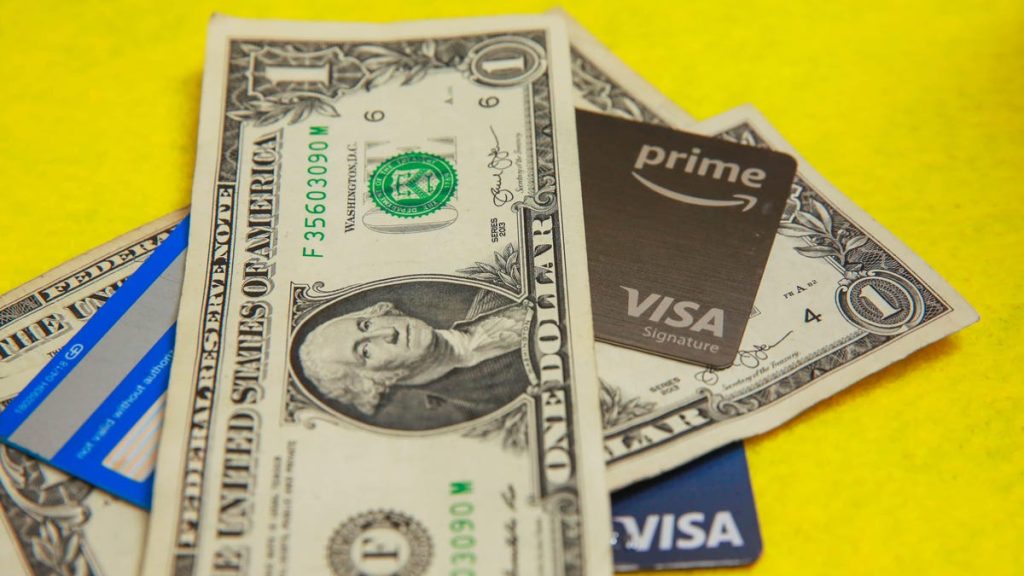Many Americans are struggling with credit card debt, with the average balance being $5,910 and many living paycheck to paycheck. As inflation continues, credit card customers find it challenging to make minimum payments, leading to damaged credit scores and increased interest rates. If you are in a situation where you cannot make your minimum payment, it is essential to contact your credit card company and explain your situation. They may be able to establish a payment plan or negotiate a lower APR. It is crucial to get any agreements in writing to avoid any misunderstandings.
Another option for managing credit card debt is seeking help from non-profit credit counseling agencies or debt management programs. These programs can help you create a sustainable payment plan with your creditors based on your budget. They can also negotiate with creditors on your behalf to create a new payment plan. Additionally, you can rework your budget by cutting unnecessary expenses and applying for government assistance programs such as the Low Income Home Energy Assistance Program or Temporary Assistance for Needy Families.
If your credit score is still good and you haven’t missed any payments, consider transferring your balances to a 0% introductory APR credit card to save time and money on interest rates. However, if you are already struggling financially, this may not be the best option as you will still be required to make payments on the new card. Another option is to apply for a debt consolidation loan to combine multiple credit card balances into one payment with a potentially lower interest rate.
While credit card hardship programs can help you pay off your debt, they also have downsides that can damage your credit score. Settling your debt for less than originally agreed upon, having your credit limit reduced or account closed by the issuer, and simply signing up for a hardship program can all have negative impacts on your credit score. It may be beneficial to work with a financial advisor to explore other relief options that may have less impact on your credit score.
In conclusion, managing credit card debt can be challenging, especially if you are living paycheck to paycheck. It is essential to communicate with your credit card company, explore debt management programs, rework your budget, and consider balance transfers or debt consolidation loans. While credit card hardship programs can help, they may have negative consequences on your credit score. Working with a financial advisor to navigate these options can help you find a solution that works best for your financial situation and credit score.












